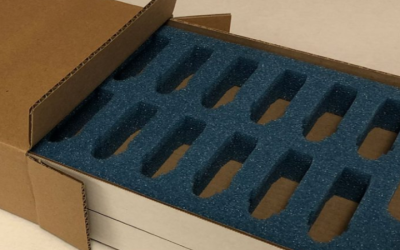Growing robust and productive pea plants is a rewarding endeavor for home gardeners and commercial growers alike. Achieving the healthiest growth possible often requires more than just suitable soil, proper sunlight, and adequate water. Many gardeners seek out solutions online for “Inoculant For Peas” to give their plants the best possible start and support optimal development throughout the growing season.
The Importance of Nitrogen-Fixing Bacteria
Peas, like other legumes, have a unique relationship with certain soil bacteria that help them thrive. These bacteria, known as Rhizobium, live in the soil and form a symbiotic relationship with pea plant roots. The bacteria take nitrogen from the air and convert it into a form that peas can absorb and use for growth. Nitrogen is an essential nutrient for healthy plant development, strong stems, and abundant pod production. Applying an inoculant for peas introduces beneficial Rhizobium strains to the soil or seeds, helping ensure adequate nitrogen fixation even in soils lacking the right microbial population.
However, not all soils naturally contain enough of these beneficial bacteria. Over time, repeated planting, soil disturbance, or even the creation of new garden beds may result in a lack of the right strains needed for adequate nitrogen fixation. This is where applying the correct inoculant can make a noticeable difference in your pea plants’ vitality.
How Inoculants Support Pea Growth
An inoculant is a specially prepared product containing live Rhizobium bacteria. When applied to pea seeds before planting, the bacteria quickly colonize the roots, establishing a strong partnership that supports nutrient uptake. Using an inoculant for peas can result in several visible benefits:
-
Enhanced root development, leading to more vigorous, more drought-resistant plants
-
Increased pod yields since plants with ample nitrogen are more productive
-
Improved overall plant vigor, resulting in greener foliage and healthier stems
Applying an inoculant is straightforward. Most products are available as powders or granules, which are mixed with a small amount of water and then used to coat the seeds just before planting. This ensures the bacteria are present right where they are needed, at the moment the seeds begin to germinate and develop roots.
Choosing the Right Inoculant for Pea Plants
Selecting an appropriate inoculant is crucial for success. Not all inoculants are created equal; each legume crop requires a specific strain of Rhizobium. For peas, it is important to choose a product labeled for use with garden peas (Pisum sativum). Using the wrong strain may result in little or no benefit, as the bacteria may not successfully colonize the roots.
For gardeners planting in new beds or after several years without legumes, inoculation is essential. Even in established gardens, using an inoculant can help replenish beneficial bacteria levels and maximize your harvest. Always follow package instructions for application rates and handling to ensure the bacteria remain viable and effective.
Best Practices for Healthier Pea Plants
In addition to using the correct inoculant, maintaining good gardening practices further supports healthy pea growth. Rotate crops to prevent disease buildup, avoid excessive nitrogen fertilizers, which can discourage root nodulation, and provide consistent moisture during flowering and pod development. Healthy soil, proper care, and the right biological partners create the best environment for productive pea plants.
For those seeking reliable solutions to boost pea plant health, DYNOMYCO stands out as a trusted partner, offering expertise and quality products to gardeners aiming for stronger growth and more abundant harvests.



